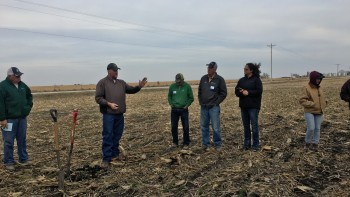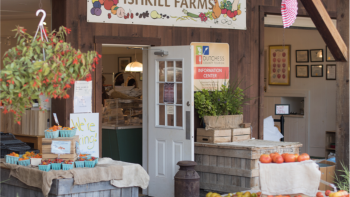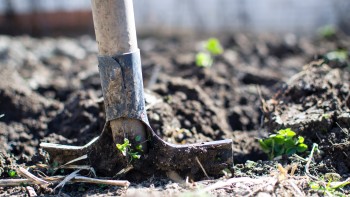Collection No. 2
How Regenerative Agriculture Can Grow
This collection of articles, by the Yale Center for Business and the Environment's Regenerative Agriculture Initiative team, looks at how changes in training, investing, insuring and marketing the work of regenerative farmers can bring about broad benefits.




